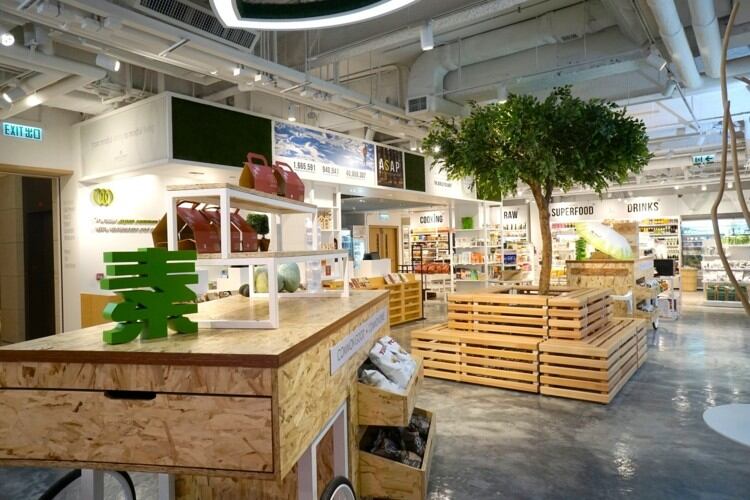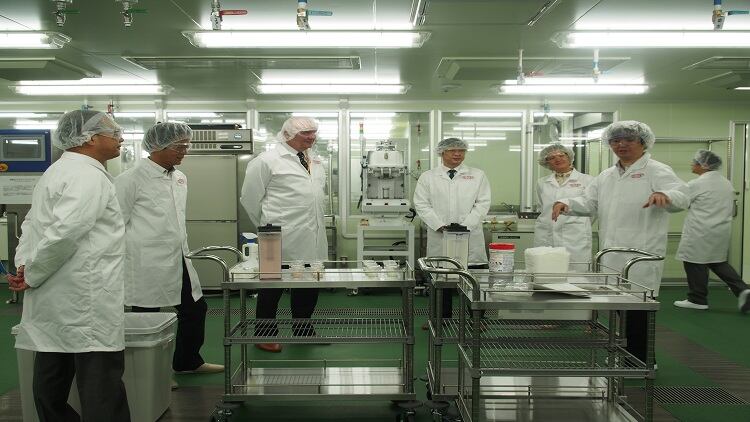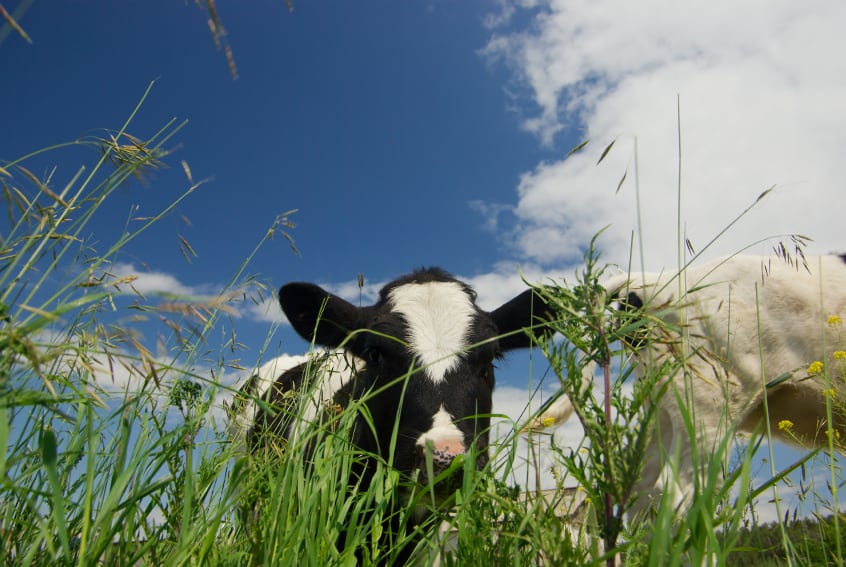David Yeung, who has helped to introduce the likes of Beyond Meat and JUST to Asian consumers, delivered his stark warning at the Sustainable Foods Summit in Singapore.
He cautioned delegates that the region’s, and indeed the world’s, food systems were on the brink of collapse.
“The combination of climate change, food insecurity and public health issues mean we are at avery critical juncture in the history of the planet. If we don’t do something we will push the limits and no one knows what they impact of that will be.
“If we continue to consume the way we do now, unless some miracles happen, our food system and eco system is bound to collapse.”
Yeung launched his ventures six years ago in an attempt to increase awareness of climate change, sustainability and food insecurity.
He argues that the exploding population, combined with soaring meat and dairy consumption, will soon see the livestock sector surpass oil as world’s biggest polluter.
“It already accounts for 14.5% of global greenhouse gases,” he added, “and it requires 377m2 of land to produce just 1kg of animal protein.”
“We are facing a huge protein issue in Asia.”
Consumption increase
Speaking at the event, organised by Ecovia Intelligence, he added that recent CLSA figures showed that animal protein consumption in Asia had grown 20-fold since 1960.
This has simultaneously contributed to a 50-fold rise in greenhouse gases, water and land use, he said.
“I’ll give you an idea of how truly ridiculous the damage from meat industry is,” he added. “There are 1.5bn cows in the world contributing to 5.5bnm2 of co2. That is more than is created by 10 major countries – including Canada, Australi, the UK, Jpana and Brazil – combined.
“If we just cut out beef and diary, and sill consume other meat, we would already offset the entire carbon footprint from the US.”
Despite this, Yeung maintained that consumer awareness around the environmental and health benefits of plant-based products remained relatively low, especially in Asia,
“We started Green Monday six years ago, which was relatively late, and we know there is a long way to go to help educate consumers in Asia and increase awareness,” he said.
There have, however, been some signs of success.
Previously we reported how sales of Beyond Meat products has multiplied by four times since it was launched at Green Monday last April.
Other popular plant-based products include Gardein Fishless Fillet, Califia almond milk, and Omnipork, Yeung told us.





